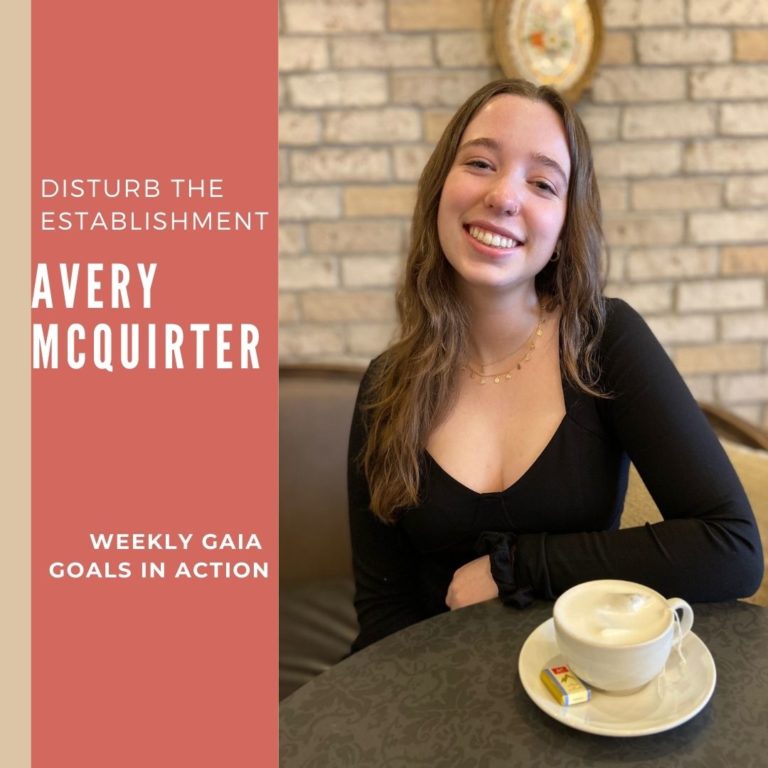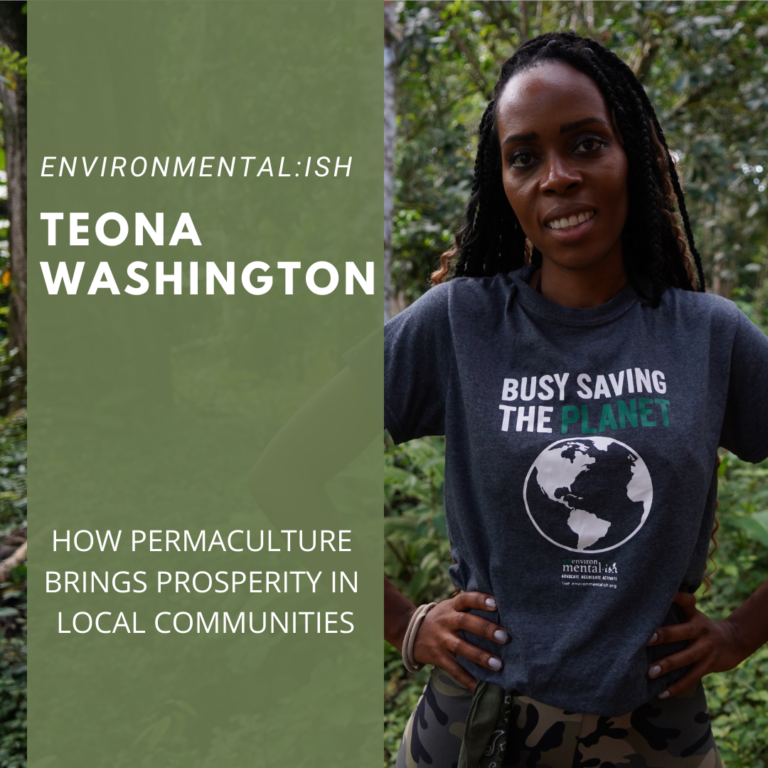SLOTH CONSERVATION
With SARAH KENNEDY
URBAN SLOTH PROJECT
SARAH KENNEDY
Sarah Kennedy has been working with sloths for 9 years in the rainforests of Costa Rica. Originally from England she joined up with Dr Rebecca Cliffe to try and help save sloths and safeguard a future for them in the wild. Originally they were the only two members of the Sloth Conservation Foundation, they have now expanded to a team of 11 and all manage their own specific projects. Sarah is the director of education & outreach, as well as running the Oh My Dog project and the volunteer program. Normally you can find her teaching (either in person or round the world on zoom), in the jungle helping track sloths for our Urban Sloth Project or organizing and running castration clinics or training courses. Otherwise you can find her hanging out with her rescue pups at home watching true crime!
Urban Sloth Project
ABOUT THE Organisation
The Sloth Conservation Foundation (SloCo) was founded in 2016 by sloth researcher Dr. Rebecca Cliffe and is dedicated to save sloths in the wild. Sloths are the ultimate creatures of habit. They are perfectly adapted for life high up in the canopy of tropical rainforests where they have little need to ever descend to the ground. However, the rainforest habitat that the sloths depend on is becoming more and more disturbed. Roads, farms, towns and cities now dominate the landscape, cutting the once continuous forest into smaller and more isolated segments.
The sloths simply cannot adapt to this rapidly changing environment. Sloths are now the number one animal that go into rescue centres each year in Costa Rica and the number one animal exported from the Americas for the pet/selfie trade. This is not sustainable for a healthy population and sloths are in serious danger. Saving these incredible animals from extinction therefore requires innovative and long-term conservation solutions that will target both the human and sloth populations, with the goal of developing sustainable ways in which humans and sloths can coexist.
YOU WANT TO HELP AND DON´T NOW HOW?
INFORM YOURSELF
AND CONTACT US!
YOU
CAN
HELP
ABOUT HER PROJECTs
Connected Gardens
The aim of the Connected Gardens Project is to address the issues of habitat fragmentation and degradation: when once-continuous ecosystems are split up into smaller pieces and trees become increasingly isolated. We build and install Sloth Crossing canopy bridges to connect isolated trees and forest fragments.
We cultivate and plant sloth-friendly trees in target areas to restore natural corridors while providing essential resources for wildlife.
The Connected Gardens Project empowers community members to ensure that every single property in a given area maintains canopy connectivity with neighboring properties. This network of connected gardens provides a safe route of passage for sloths and other arboreal animals and increases habitat availability in disturbed areas. Sloths are particularly sensitive to the effects of habitat fragmentation because they cannot jump across gaps in the forest canopy. If they cannot travel from tree-to-tree, sloths are forced to crawl across the ground where they are extremely vulnerable.
Oh My Dog:
Dog attacks are now the second leading cause of sloth deaths in Costa Rica. Rescue centers receive 2 to 3 wild animals per week that have been injured by our pets! Dogs now threaten over 180 different species of wild animals and at least 11 are now extinct because of our canine companions. Sloths are particularly vulnerable to dog attacks as they cannot jump or run, and they often resort to crawling on the ground to travel between trees in urban areas. The dogs are not to blame – WE need to make changes to help them and the sloths! What we do:
- Reduce the need for sloths to travel on the ground though our connected gardens project.
- Reduce the number of free roaming dogs by running large castration clinics for low income & indigenous areas and through education.
- Free training course for dogs and people in the local area to prevent wildlife attacks and educate the community on local and wildlife laws.
Urban Sloth Project:
The Urban Sloth Project is a long-term investigation into the impacts of habitat disturbance and rainforest urbanization on the behavior of wild sloths in Costa Rica. Sloths in Costa Rica are now considered to be of conservation concern due to habitat loss from agriculture, livestock production, and the increasing urbanization of the rainforest. In line with this, sloths are the most frequently admitted species to rescue centers in Costa Rica.
Sloths are slow-moving, habitual animals and are therefore very sensitive to changes in the environment. They are unable to run or jump to traverse gaps between trees, and so habitat fragmentation creates a lot of problems. While trying to navigate an increasingly urbanized world, sloths are being electrocuted on power lines, attacked by dogs, hit by cars, and exploited by humans.
The Urban Sloth Project aims to compare the behavior and activity budgets of sloths living in highly urbanized areas with those sloths living in healthier environments (protected primary rainforests).The knowledge we gain from this project will enable SloCo to make meaningful changes to the lives of sloths living in rapidly changing environment.



